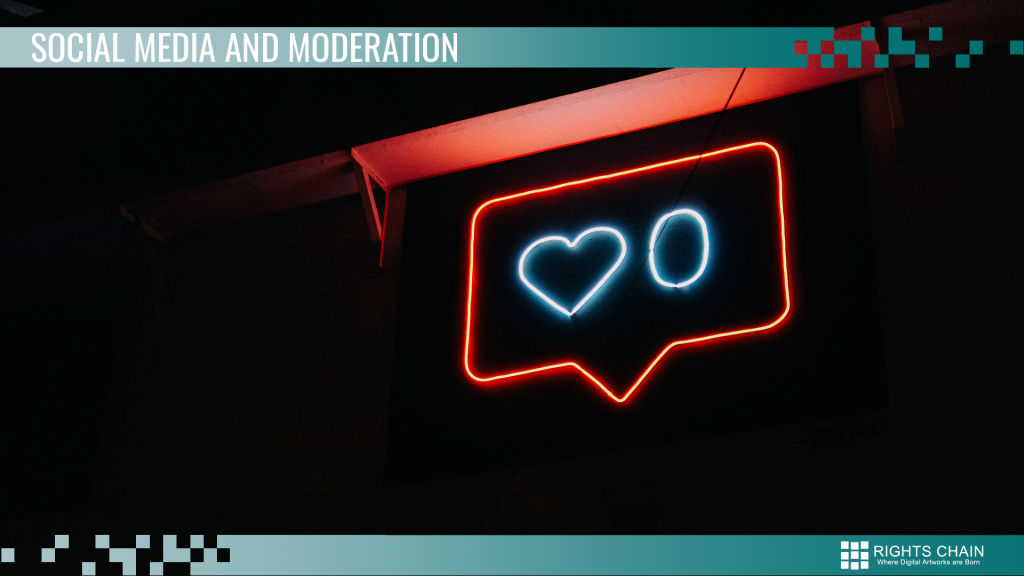The uncontrolled moderation of social media

- 2017-08-28
- Sebastian Zdrojewski
- News
The topics that revolve around the "need to control content on the Internet" are becoming more and more common. All big corporations, which there's not even need to name, keep committing to the implementation of systems that automatically detect inappropriate content and automatically delete it from social network timelines or search results.
There are many examples of this, from Google reducing the positioning (and therefore visibility) of some Internet sites, YouTube (which always belongs to big-G), adopting systems that reduce the visibility of videos with controversial topics, Facebook removing unsuitable posts. We have seen it applied on every level, up to the point where illustrations were cut to censor female nudity. The published content, in case of illustrations, has been removed for "violation of the terms of use," and despite the fact that the control criteria were corrected after a few months - when it was "discovered" that that content could not be censored - what was eliminated, has been lost. At least works published at the time. And thanks for all the fish.
Automated systems will become more and more popular, as Artificial Intelligence technologies evolve and become more prominent among companies offering services such as social networks and search engines. The amount of content generated every second makes it impossible to have human moderation. However, to date, and according to some for at least another decade as well, "intelligent" systems are not smart enough to capture the nuances that distinguish a text composed of ordered words such as a "lorem ipsum" or the meaning hidden behind an illustration or a photograph.
Because "censoring" (without mincing words) content based on its appearance, rather than substance, is a perfect way to counter the diffusion of art in all its forms. Substance is what makes an Artwork, and it communicates it through its form: a machine, at least for today, can identify a cat or nudity, but is unable to determine the message it conveys.
